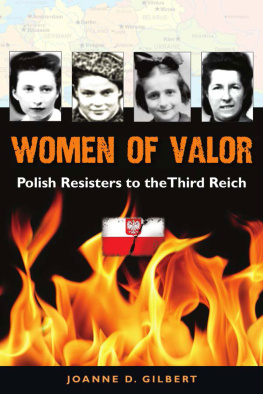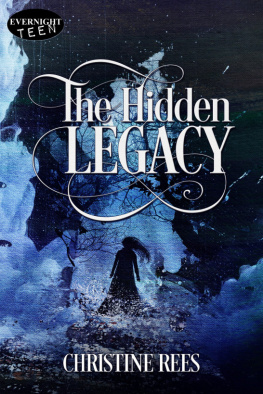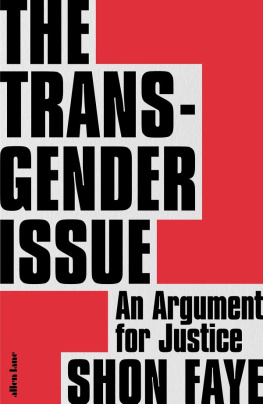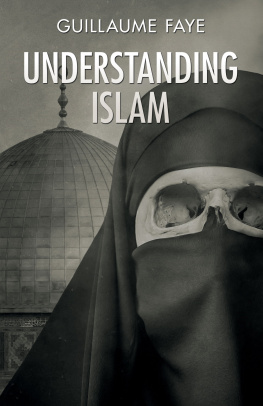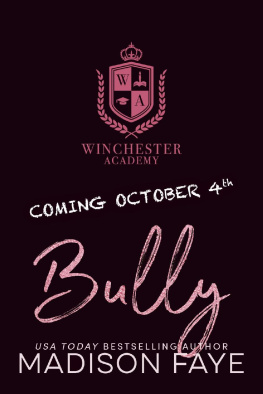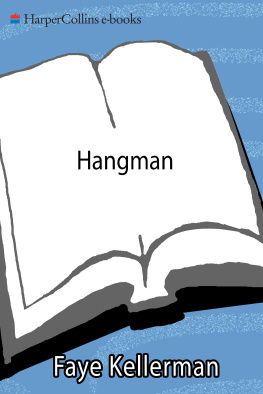A PARTISANS MEMOIR:
WOMAN OF THE HOLOCAUST

Molotava Brigade colleagues. Back row: left, Misha Gerasimov, head of the brigade; right, the commissar of the brigade; front row: left, Rosa, a Jewish partisan; right, Faye.
A PARTISANS MEMOIR
WOMAN OF THE HOLOCAUST
by
FAYE SCHULMAN
With the assistance of
SARAH SILBERSTEIN SWARTZ

CANADIAN CATALOGUING IN PUBLICATION DATA
Schulman, Faye
A partisans memoir : woman of the Holocaust
ISBN 0 929005 76-7
1. Schuiman, Faye. 2. Holocaust, Jewish (1939-1945)
Poland - Lenin - Personal narratives. 3. World War, 1939-1945
Underground movements Poland Lenin Biography.
4. Jews - Poland - Lenin - Biography. I. Title.
DS135.P63S35 1995 940.5318092 C95-932478-X
Copyright 1995 by Faye Schulman
Second Printing 2002
Third Printing 2007
With the assistance of Sarah Silberstein Swartz
Edited by Rhea Tregebov
Cover design: Liz Martin
Production assistance: Michael Kelly
Printed and bound in Canada
Second Story Press gratefully acknowledges the assistance
of The Canada Council and the Ontario Arts Council
SECOND STORY PRESS
20 Maud Street, Suite 401
Toronto, ON
M5V2M5
www.secondstorypress.ca
Let this book be a monument
To the memory of my beloved family, my father, my mother,
two sisters and two brothers, who perished at the
hands of the Nazi murderers;
To the partisans who died fighting for
Jewish dignity, honour and peace;
To the future of our Jewish youthincluding my
grandchildren Michael, Daniel, Nathan, Matthew,
Rachelle and Stevenwho continue the Jewish heritage
and carry on the memory.
CONTENTS
Chapter 1
LIFE IN OUR TOWN OF LENIN
Chapter 2
MY FAMILY
Chapter 3
UNDER SOVIET OCCUPATION
Chapter 4
THE NAZI REIGN OF TERROR
Chapter 5
GHETTO AND LIQUIDATION
Chapter 6
JOINING THE PARTISANS
Chapter 7
PARTISAN NURSE, SOLDIER AND PHOTOGRAPHER
Chapter 8
MY BROTHERS AS PARTISANS
Chapter 9
RAIKA
Chapter 10
PARTISAN FRIENDS AND FOES
Chapter 11
DANGEROUS MISSIONS
Chapter 12
BITTER SEASONS
Chapter 13
A MAJOR BLOCKADE
Chapter 14
LIBERATION
Chapter 15
REUNIONS AND NEW BEGINNINGS
PREFACE
I HAVE BEEN WRITING this book in my mind for half a century. The memories are still vivid and it is now time to put them on paper, to record this crucial part of history as reflected in my own experiences.
As a member of the Holocaust Education and Memorial Centre and the Yad Vashem Committee in Toronto I have spoken of my experiences as a partisan and a survivor of the Holocaust at public schools and universities, at teachers seminars, convents and ecumenical gatherings. The photographs of atrocity I was forced to process for the Nazis and those I took myself during the war have become part of this telling. My audiences have been Jewish and gentile, young students and older people, clergy and teachers. Those most affected by my testimony have been young people with little or no previous knowledge of the Holocaust. One girl who attended my workshop with other students from a Catholic school wrote: My ideas have changed. I feel such shame that anti-Jewish feelings would be the basis of such a horror story. Our danger for the future lies in forgetting such a black past. Forgetting the Holocaust would be to blind ourselves to the darker side of humanity.
With the publication of my story in book form, I hope the audience for this account will expand beyond my geo-graphical boundaries and beyond my lifetime. It is my hope that those who read A Partisans Memoir will gain from it a greater understanding of the difficult life, struggle and heroism of Jewish partisans in the resistance during the Holocaust.
Too many have denied the Holocaust. Even more have perpetuated the myth of passivity, the fallacy that six million Jews went docilely to their deaths, like lambs to the slaughter. It is important that future generations should know this to be untrue. In reality, wherever there was the slightest opportunity, Jews fought back. The Jewish people did their utmost to survive under unfathomably difficult circumstances in the forests, in the ghettos, and in the camps. We all fought for our lives and for the lives of our loved ones. Many fought with weapons in hand in the ghettos, as underground fighters in occupied cities and villages, as partisans in the forest, and simply as individuals who resisted those who came to destroy them.
Inevitably, the majority of those unsung heroes and heroines who fought as partisans did not survive. Yet their bravery and courageous qualities should never be forgotten. We shall never know the precise number of the anonymous dead. As one of the survivors, I feel compelled to speak for those who were tragically silenced. So little has been written it has almost been kept a secret about the bravery of the Jewish partisans. I served in the partisan resistance, as one of thou-sands of Jewish men and women who joined the partisan movement and engaged in daily attacks, ambushes and battles against the enemy. We faced hunger and cold; we faced the constant threat of death and torture; added to this we faced anti-Semitism in our own ranks. Against all odds, we struggled against Nazi oppression. We used every available resource, all our courage, spirit and inventiveness, to combat the enemy. Many partisan fighters were mere children teenagers like myself entrusted with the weight of adult responsibility. They never gave up. They fought for revenge, for honour and dignity, for an end to the murder and an end to the war, many to their last breath.
It is important to keep in mind that my story is only one of a multitude of stories of Jewish survivors. Although each story is unique, each is also representative; all are invaluable. The documentation of these first-person testimonies is crucial; it is through them that we can forcefully and successfully challenge the myths and present the truth.
ACKNOWLEDGEMENTS
I would like to thank my daughter Susan, my son Sidney and my daughter-in-law Louise for giving me the emotional support, the confidence and the inspiration to complete the writing of this book.
I will be eternally grateful to my husband Morris, blessed be his memory, for sharing my life and encouraging me to document the most difficult years of my life. Sadly, he is no longer with me to see my task accomplished.
I would also like to acknowledge the efforts of Maureen Mazin, David Birkan and Lisa Ben Simon whose help and encouragement was appreciated.
Special gratitude and appreciation to Sarah Swartz for her invaluable work and for her deep understanding.
INTRODUCTION
IT WAS TOWARDS the end of the year 1942. Our detachment of partisan fighters had been given an order to leave our base in the woods for another raid on the town of Lenin. Misha, the Russian leader of our brigade, had sent us on a mission to strike at the enemy. This time we were to raze the houses used as headquarters by the Nazis and their collaborators. After the initial gunfire, there would be the usual brief lull before the arrival of Nazi reinforcements during which we would be able to seize any necessary supplies for survival in the forest: rifles, ammunition, food and medical supplies.
Next page

